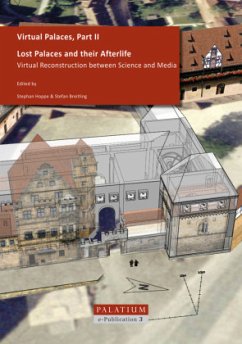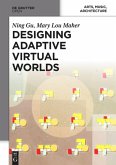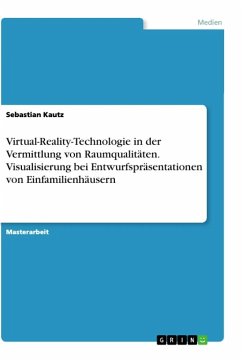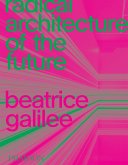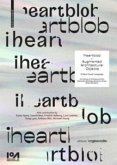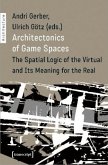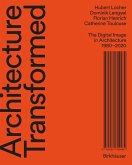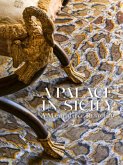This volume deals with digital reconstructions and visualizations of palaces, castles, and other kinds of residential architecture of the early modern period. It focuses not so much on the digital modelling of extant buildings, but rather on the virtual reconstruction of 'lost' buildings -in particular of palaces destroyed or drastically altered, or which were never actually built in the first place.
These diverse case studies presented here explore a range of approaches and methods of using virtual reconstructions as tools for both scientific research and dissemination to a wider public. They address problems such as the visualization of uncertainties, the dynamic modelling of a building's evolution through time, and the use of digital reconstructions as repositories of data and knowledge.
The numerous digital models and associated images discussed in this volume display an enormous variety in terms of the underlying technology, data conceptualization and visual style. Such adaptability means that this new medium finds considerable application in architectural history and related disciplines. It also means that digital reconstructions ought to be regarded as cultural products and, therefore become objects of scholarly research in their own right.
These diverse case studies presented here explore a range of approaches and methods of using virtual reconstructions as tools for both scientific research and dissemination to a wider public. They address problems such as the visualization of uncertainties, the dynamic modelling of a building's evolution through time, and the use of digital reconstructions as repositories of data and knowledge.
The numerous digital models and associated images discussed in this volume display an enormous variety in terms of the underlying technology, data conceptualization and visual style. Such adaptability means that this new medium finds considerable application in architectural history and related disciplines. It also means that digital reconstructions ought to be regarded as cultural products and, therefore become objects of scholarly research in their own right.

